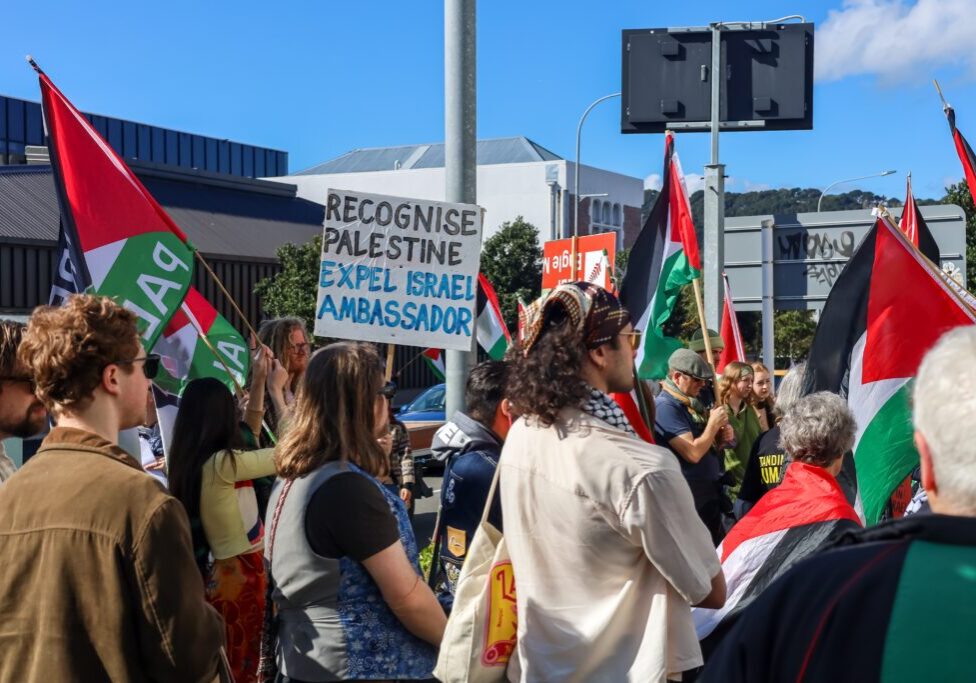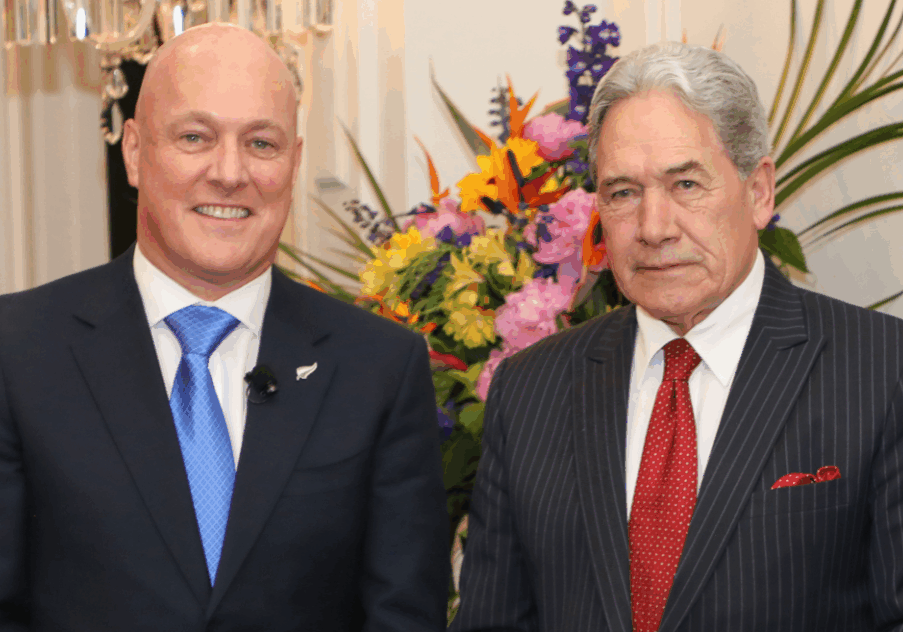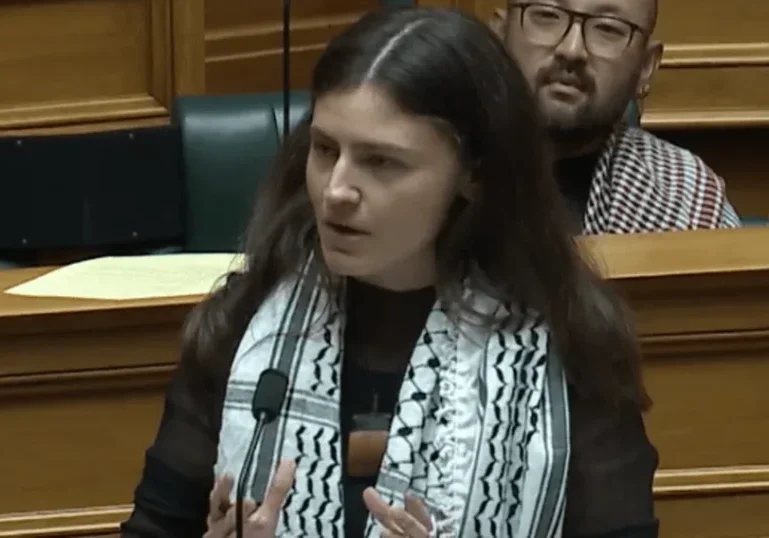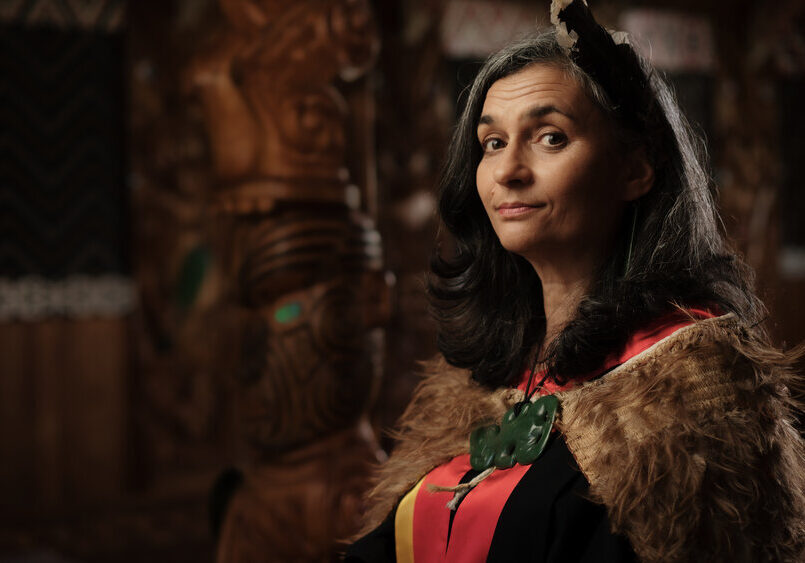Australia/Israel Review
AIR New Zealand: Suspicious minds
Aug 30, 2011 | Miriam Bell
Miriam Bell
Question: Do the following characteristics/actions/behaviours seem suspicious?
Having (and carrying) more than one passport while travelling. Wanting to contact your family and friends in any way possible after being caught up in a natural disaster. Leaving a country (to go home to your family) as soon as possible after being caught up in a natural disaster. Being a citizen of a country whose government representatives check up on its citizens if they are in a foreign country when a disaster occurs. Being a citizen of a country whose government offers a range of assistance to another country after a disaster has occurred.
Answer: Yes, apparently, they do in New Zealand.
Or, at least, they do if you happened to be Israeli and in Christchurch at the time of the devastating February 22 earthquake.
In July, almost six months after the 6.3 earthquake in which 181 people – including three young Israelis – were killed, the Fairfax-owned Southland Times reported the actions of several Israelis post-quake had sparked a Security Intelligence Service (SIS) investigation.
Quoting an unnamed SIS officer, the Southland Times said there were fears Israeli spies had taken advantage of the chaos and confusion surrounding the earthquake to hack into the police national computer database. A number of suspicious “facts” were cited as evidence of “extraordinary” behaviour.
These included the claims that one of the Israelis killed (Ofer Mizrahi) had been travelling with five passports; that Mizrahi’s three friends had left the country within 12 hours of the quake; that Israeli Prime Minister Binyamin Netanyahu rang New Zealand Prime Minister John Key four times following the quake; and that an unaccredited Israeli search and rescue team had been turned away from the city’s “Red Zone” when trying to enter it.
Unfortunately, Key, who was in the United States at the time the story broke, managed to exacerbate the media firestorm when first asked about the issue by journalists. He initially refused to comment on the grounds of national security – which led to much frenzied speculation and scaremongering.
However, within the space of a news cycle, Key had changed tack and told the media the country’s security agencies had investigated the Israeli group in question and had found no evidence of a spy connection. He also said a number of details in the Southland Times story were wrong – including the claim about the passports supposedly carried by Mizrachi and that relating to contacts from Netanyahu.
Meanwhile, a police spokesperson said the force’s database had not been hacked and was secure, while NZ Defence Force Chief, Lieutenant-General Rhys Jones, “categorically” assured Kiwis that SIS staff had not been in Christchurch to deal with an unaccredited Israeli rescue squad.
The Israeli Ambassador to New Zealand, Shemi Tzur, dismissed the claims as “science fiction”, and said he was shocked and upset that the SIS would even consider the young Israelis were spies.
“These were youngsters holidaying in your beautiful country … we encourage our young people to visit New Zealand,” said Tzur, whom the Times article wrongly claimed was based in Australia rather than Wellington.
While the Southland Times editor, Fred Tulett, continued to stand by the story and the information in it, the degree of the top-level rebuttal of the claims should have been sufficient to discourage further rampant speculation.
But it wasn’t.
Labour Party leader Phil Goff caused a mini-furore when he insisted to the media that he had not been correctly briefed on this matter of “national security” by SIS chief Warren Tucker. And political and media commentators continued to avidly discuss and analyse the claims for weeks.
For example, senior New Zealand Herald columnist, John Roughan, wrote a piece entitled “Would Key expose Israeli spies?”. It argued the Prime Minister certainly would not, implied this was for vaguely nefarious reasons, and ended with the words: “I’d like to visit Arab countries one day. I’d like to trust this Government to protect the integrity of my passport. But I don’t.”
Roughan’s comments and tone were typical of the discussion over the whole affair. While this was undoubtedly inspired, at least in part, by the 2004 passport theft affair and while the odd commentator went against the grain, it was disturbing to observe the volume of offensive anti-Israeli commentary and conspiracy theories which appeared.
Patrick Goodenough, one of the few commentators to take a more objective view of the situation, wrote: “What I do find offensive is the apparent willingness with which so many seized on the notion that the way Israelis – both the young visitors and government representatives – responded to the earthquake must be evidence of a suspect agenda.”
Similarly, writing in the US publication Jewish Ideas Daily, Alex Joffe said that a lesson to be learned from the saga was that: “… in many places – partly on the basis of past behaviour – Israelis are perennial suspects, and conspiracy theories emerge quickly on the basis of scant or misleading information”.
It is concerning that so many New Zealanders were apparently willing to believe, based on the flimsiest of evidence, that young Israeli backpackers were actually spies lurking around the country, just waiting to take advantage of any disaster that might come their way. And also that so many New Zealanders could, apparently, see nothing wrong with their automatic belief in such conspiracy theories.
Tags: Australasia, New Zealand






